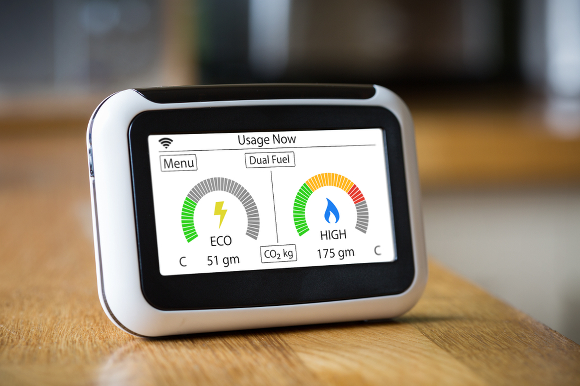As well as taking care of the environment and helping the kids to learn about sustainability, making your home greener can save you a lot of money, both in the short term and the long term. With energy bills always increasing and lots of other essentials to pay for, getting set up for a greener home will bring many benefits. Here are some top tips for saving energy and making your home more environmentally friendly:
Energy efficient appliances – When you are buying new appliances, check out their energy performance rating and choose one with the best energy efficiency rating available. Washing machines are notorious for using a lot of energy, so switching from one with bad energy efficiency to one with the higher rating will make a big difference.
Rainwater harvesting – If you have a fairly large garden with lots of plants that need to be watered throughout the summer then you can invest in a rainwater harvesting system that will allow you to capture rainwater from the roof to use in the garden rather than draining it away.
Smart meters – If you don’t have a smart meter for your gas and electric then you should look into it. As well as being able to monitor usage better, you can use your phone to turn off the heating if you forgot to before you left the house in the morning.
Don’t leave the tap running! – It sounds like an obvious one but a lot of water can get wasted if the tap is being left to run when people are brushing their teeth or doing the washing up for example. Getting your kids into the habit of brushing their teeth without the tap running throughout will save plenty of water over the years, so get the habit started whilst they are young. In some households, the tap is left to run whilst someone is doing the dishes but it is much greener to run a bowl of water instead. Also, leaving the shower on when you‘re waiting for it to heat up is a big waste of water as you can often get side-tracked and leave it running much longer than needed.

Kettle clever – Boiling a full kettle takes up a lot more energy than heating up enough for a cup of coffee for example. So by only heating up the amount of water that you actually need, you save energy. You can also buy 1-cup kettles that are great for saving energy each time you fancy a cuppa.
LED spotlights – LED spotlights use a lot less energy than their halogen alternatives, so next time you are shopping for spotlights, make sure you choose the LED ones.
Keep the heat in – By keeping doors closed, having thick curtains and having roof insulation installed, you can prevent heat from escaping and reduce the need to turn the heating up. Only heat up the room that you are using rather than the entire home if you aren’t using it. If you have windows or doors that are letting warm air escape then you can get draft excluders or better seals to try and prevent the problem. You can even make your own draft excluders from old pillows and blankets rather than spending money on new ones. Click here to see some eco-friendly internal doors that will help you to keep the heat where you need it.
No to standby modes – Leaving TVs and other appliances on standby mode is still using energy so instead of leaving on standby just switch off completely. Standby mode can cost around £30 per year according to the Energy Saving Trust.

